Nadir Nahdi, 26, is a producer from London. You may have seen his "Happy British Muslims!" video, which caused a stir in 2014, hitting 2.3 million views.
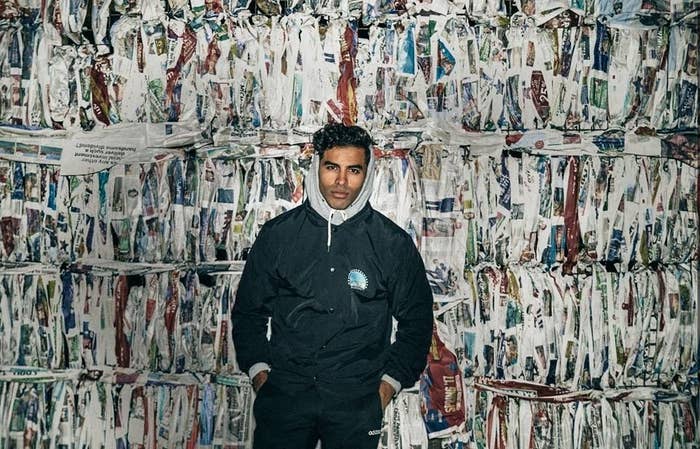
Now, he has launched Beni, an online project with the aim of connecting millennial creatives from around the world. He says it is for "anyone trying to imagine a world beyond the labels enforced upon them".
He's kickstarted the campaign for the collective by publishing a new video called "The A-Z of Beni" with YouTubers, artists, athletes and others excelling in their particular crafts in locations from Kuala Lumpur to Berlin.
It aims to reflect the diverse and dynamic world Nahdi grew up in, which, he says, was multicultural and multi-religious.
Nahdi, who has been working in Berlin for nearly two years, told BuzzFeed News he had saved up for a camera by starting up his own line designing and selling geometric laptop stickers so he could launch Beni.
He said the idea behind the project is to find a common currency that links people despite their background. His project comes at a time when there has been increasing discussion about how millennial Muslims are making their mark on the world.
The video begins with Nahdi, standing in a disused warehouse in front of a wall covered in newspapers with racialised headlines.
He says: "I'm just sick of it. I'm sick of reacting. I'm sick of apologising. I'm sick of going online every day and having to define myself by what I'm not and not by what I am."
The five-and-a-half-minute video then introduces the viewer to millennials from around the world, each with a characteristic – ordered in the letters of the alphabet – they have chosen to represent themselves.
Some of the people who feature in the video have huge social media followings, including Amani Al-Khatahtbeh, founder and editor-in-chief of MuslimGirl.Net, the leading online magazine for Muslim women in the US; Humza Arshad, a YouTuber and producer of the comedy web series Diary of a Badman, set in south London; and Nilam Farooq, a German actor and lifestyle vlogger.
It also includes Muslim millennials who operate in unique fields, including Alia Komsany, who is currently doing her PhD at Oxford University in cancer research and is an avid rower, and Poetic Pilgrimage, the British Muslim hip-hop duo.
When asked what he describes himself as, Nahdi said: "Generally I used to hate using the word 'millennial', but whether I like it or not, I'm part of this generation that is making waves online."
Nahdi is keen to emphasise that his project is inclusive, but said he did not want to label it as a Muslim project, although he is aware Muslims are the main audience for it.
"I am Muslim, right," he said, "and the majority of the people in the video are Muslims, but what's interesting to me [is] not once in the video do I mention [the word] 'Muslim', not once.
"Within the video, it's not just Muslims, there are non-Muslims in it, there are LBTQ people, and I don't make the point in highlighting it in big writing, because I think it's powerful – sure, it's a Muslim who produced it, but it's produced under our terms and with an inclusive mindset, and I think that says a lot.
"The starting point is craft, it's skill, it's power, it's empowerment, it's people doing incredible things."
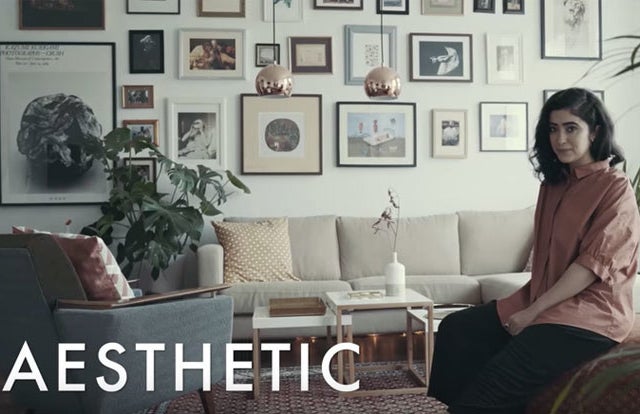
"The internet has never been more democratic than it is now – you have things like YouTube where you can post whatever you want [and] in a matter of minutes people will be watching your stuff."
Nahdi said he felt there was a disconnect between the millennials he knows who are doing incredible things and the representation of them in the mainstream media.
"At the end of the day," he said, "you're never going to be able to change much unless you you're the one dictating the terms of how you are represented."
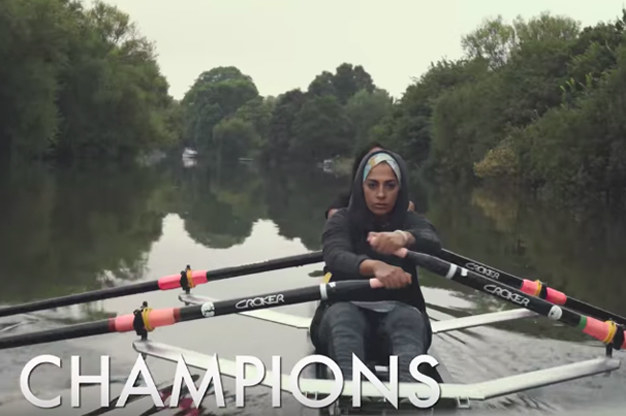
"What I want is people from all over the world – despite their backgrounds – to see that and be like, 'These are people doing amazing things.'"
Nahdi said his aim was to reset the conversation on marginalised communities. "It isn't for example a hijabi athlete – she's an athlete, and that's [the] kind of way I want to reframe the discussion. And I think if you control the narrative that's what you're able to do.
"So the whole point behind it is, create a space in which we do that."
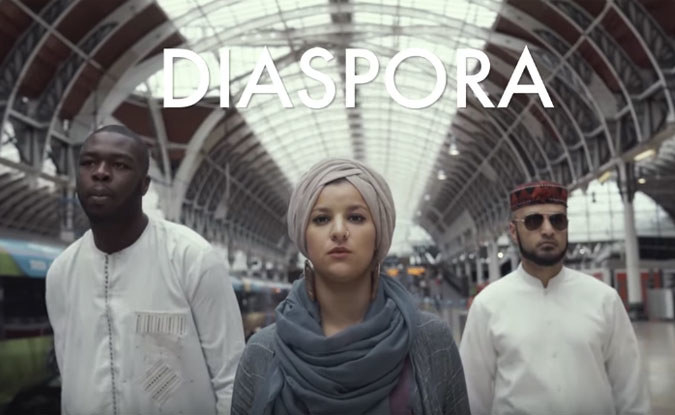
The producer said the project "could have only happened with our generation".
"I think it couldn't happen before because I don't think [society] was quite ready – also I don't think Muslims were quite ready," he said. "I think right now the generation we're part of is art-centric and appreciates the aesthetic. Before, not many people would be working in mainstream media outlets.
"So now we have a community of young Muslims working … who are creatives and who are everywhere and permeated every mainstream industry.
"That's why a video like mine can be posted now and people are like, 'Oh my god, I get this.'"
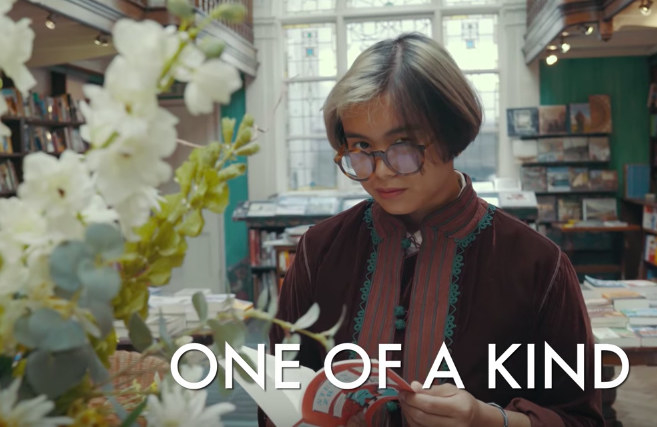
When asked whether Muslim millennials worry about being used in brand campaigns he said, "There's a lot of talk about how much the Muslim pound is worth, how much brands have started taking Muslim community seriously. But my concern was that with the interest, there's a lot of exploitation at the same time.
"If you want to tap into that audience, then fine we can work together. But instead what's happening now is sporadic panic campaigns by people [who] don't truly understand the demographic, and they're like, 'Yeah, cool, we know these people are worth a lot of money, let's do something and come up with a really crappy campaign.' It pisses a lot of people off and feels misrepresentative."
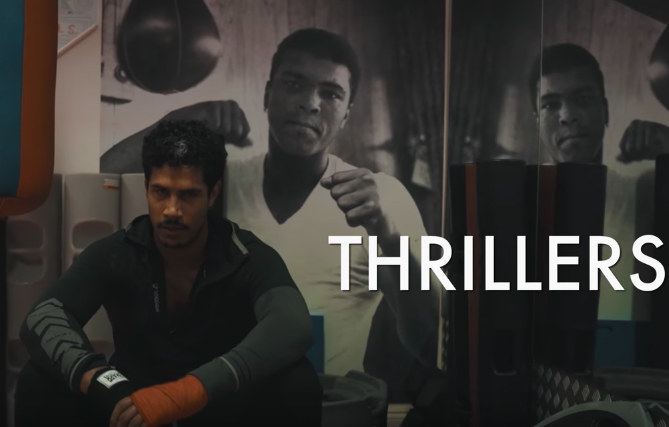
He acknowledged that many people were unhappy with his "Happy British Muslims!" video and said the approach hadn't worked.
Asked whether his project was inclusive and not just for "cool Muslims", he said: "Look, it might not be for everybody and that's totally OK – in fact, if it's not for you then I'm sorry, but you know there are a million things out there."
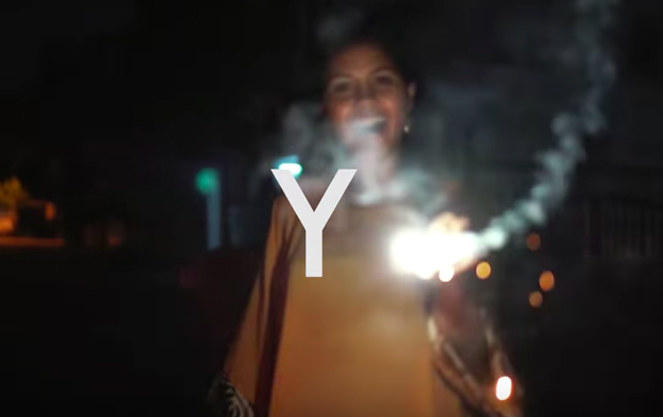
Nahdi wants people who want to be a part of his collective to "become part of the journey".
"It's not just going to be content, either – the idea is for it to be a life brand and becomes associated with a certain culture. It's going to be a product, it's going to be a content, it's going to be a series of programmes over the course of time as we build over the next year.
"What I really want is for people to feel emotionally invested in it – I feel like it's really important for something like me or my kids in the future."

